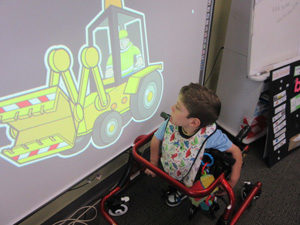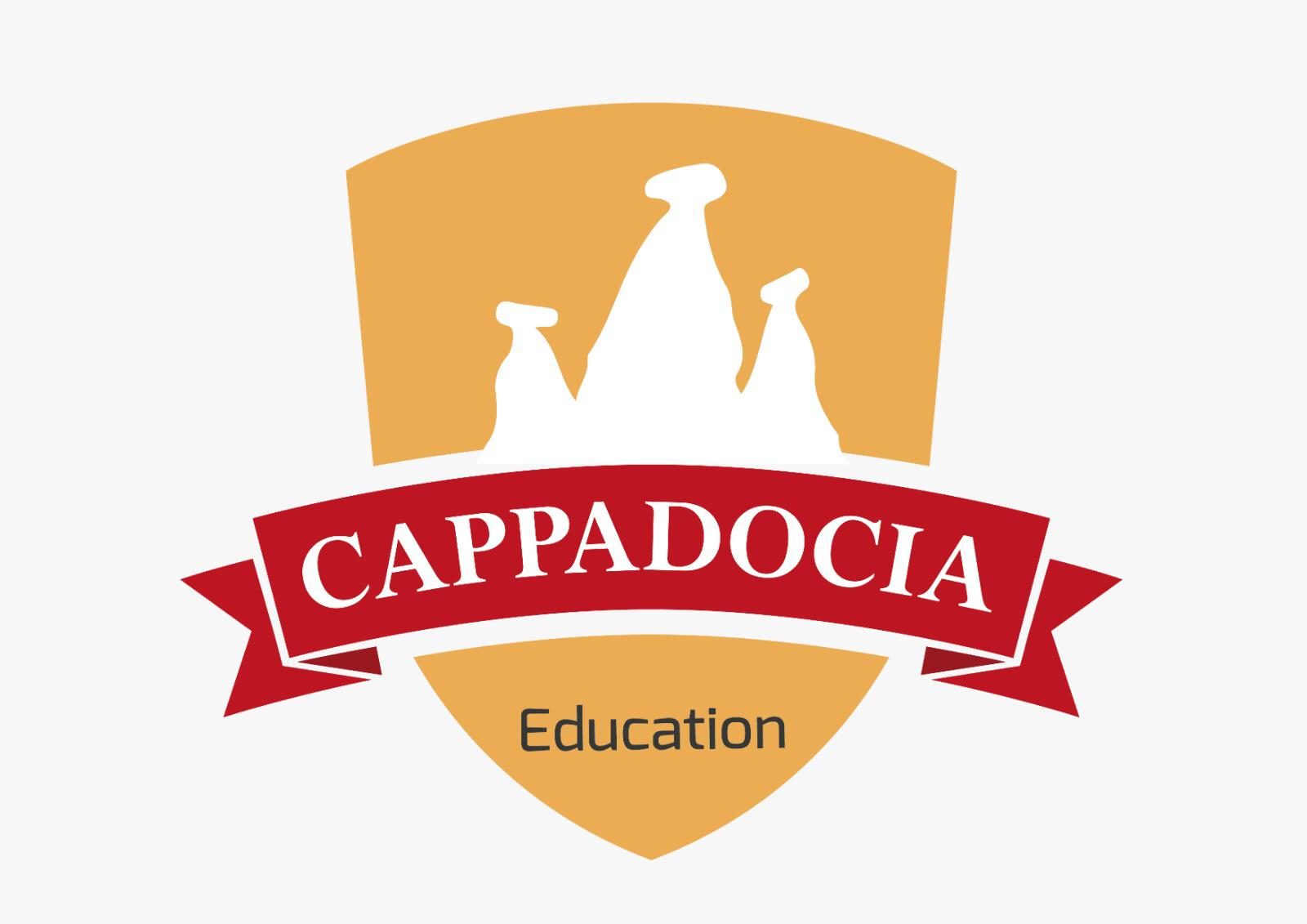
Although that, in general, European Education policies for inclusive education have made some efforts, children with special educational needs are still getting low quality learning experiences suitable for their needs. Around 15 million European children have special educational needs. Data shows that in some cases, they are deprived of educational and employment opportunities altogether. Children with special educational needs frequently leave school with few or no qualifications, before moving into specialist training which can, in some cases, impair rather than increase their job prospects.
While it is of vital importance to move towards more inclusive education systems, teacher’s education and continuing professional development have not always been organized along inclusive lines. Also, in some European countries curricula are standardized and inflexible, which makes the inclusion of disabled children difficult.
From the other hand, ICT have brought some remarkable innovations in the delivery of education. Traditional text, sound, graphics, and video are merged into a single ‘multimedia’ document. The issue of ICT literacy is actively developed in the modern society. Many countries now regard understanding of ICTs, mastering of the basic skills as well as concepts of ICTs as a part of the core education, alongside with reading, writing, and calculating. The technologies available today and those, which are about to emerge, have the potential to transform the educational system. Today we can see a lot of new ICT-based methods and forms of education.
In this context, ICT application is very important as it plays an essential role in providing high quality education for students with disabilities. ICTs have been introduced into the teaching-learning process in order to improve quality, Role of Information and Communication Technologies in Special Needs Education, to support curricular changes and new learning experiences. In this way it is possible to meet the specific learning needs of different learner groups, including students with learning difficulties.
A certain issue for teachers to realize is that when it comes to students having special needs the most important thing to do is to individualize their way of teaching so that it addresses their unique combination of learning needs. The participants of this particular Erasmus+ KA1 program shall initially learn about the basic issues of Special Education, in terms of the methods and tools required in order to help their students having special needs.
The participants shall also learn about Game Based Learning which is an innovative teaching approach that teachers may use in order to motivate and engage their students. Firstly, a variety of Educational Games shall be presented and secondarily the participants shall be asked to design their own games by using specific ICT tools, as members of a team in a Workshop. Later on, the participants shall be asked to embed these particular educational games in a teaching scenario that they shall design in order to help their students who have certain special needs.
Finally, the participants will be able to prepare a more effective lesson in classroom, by enhancing teamwork and active learning in order to instill the value of students’ active participation. Furthermore, participants shall learn about the cognitive and social skills that students acquire by the teacher’s implementation of the educational games in the educational process.
COURSE INFORMATION
In this Erasmus KA1 course teachers of all levels will fully understand the emerging special needs in teaching students with Special Needs Education. Also they will learn how to use a variety of ICT tools and create digital learning material, specialized for different types of learning difficulties. In the next and final level, they will be able to create and implement oriented towards some learning disability or to a combination of them, learning scenarios within the classroom using ICT tools in order to enhance Special Needs Education students’ learning experiences.
- Cognitive goals
The participants of this program shall
- learn the key characteristics of most common Special Education Needs
- understand the demands and added needs for learning experiences suitable for SEN students
- Informed on most types of ICT tools & games and actively experiencing their capabilities and their optimal use in order to integrate learning strategies
- learn how to create and design ICT enhanced learning scenarios and game-based learning
- Development of Attitudes & Social Skills
The participants of this program shall
- have the opportunity to communicate with colleagues from other countries in order to exchange teaching experiences and learning approaches about students with special needs
- realize the meaning of collecting useful data about the students’ prior knowledge and needs in order to prepare a more effective lesson in the classroom enhancing teamwork and active learning
- understand the necessity of the integration of educational games in the learning process
- have the opportunity to visit some major Greek museums and other important historical points of Athens, Peloponnesus and Crete.
COURSE PROGRAMME
Day 1
- Becoming a team
- Participants present themselves and national educational systems. Related aspects on SEN students.
- Discussion on Special Education Needs regarding each country’s priorities
- Presentation of the program
- The participants get to know details about the course contents and its specific goals.
- Intro to most common Learning Difficulties.
- Possible Personal, Emotional and Psychological Development implications.
- Analyze the real meaning of “inclusion” and “integration”.
- European Education and Disability/Special Needs policies and practices.
Day 2
- Exploring teaching Demands, Strategies and Approaches in general, necessary for students with Special Education Needs
- Importance and Impact of ICT Usage on Education for students with SEN
- Dyslexia and Dyscalculia
- Symptoms and specific educational demands.
- In class tips.
- Pedagogical methods. Description and Classification of suitable ICT for Special Needs Students
- ICT tools for dyslexic students
- Practice on
- Use/practice on the fly of ICT tools
- Create digital learning material
Day 3
- Attention Deficit Disorder (ADD) – Attention Deficit & Hyperactivity Disorder (ADHD)
Definition, signs and symptoms
Strategies, approaches and methods to improve in class attention
- Oriented ICT Software and tools with positive impact on ADHD students
- Practice on – Use and practice on the fly of ICT tools
- Presentation of online applications and tools for other SEN students
- Real practice using ICT tools
Interaction with tools such as c-maps, comics, storyboards, timelines, videos, flash cards, calendars, LMS , PPt presentations
Day 4
- Game Based Learning in Special Education
- The different types of Educational Games
- How to design an Educational Game by using ICT tools
- Learning how to use “Kahoot” and “Plickers”
Day 5
- How to design a Teaching Scenario by using ICT tools & Educational Games
- Workshop:
The participants shall design their own teaching scenario
Day 6
- The participants shall present their Teaching Scenarios
- Group feedback will be provided
- The participants shall present their Teaching Scenarios
- Group feedback will be provided
Day 7
- Critical review of the course – Productive dialogue
- Design of a Special Education rule mapThe participants shall receive their Certificates
COURSE SESSIONS
| DATE | LOCATION |
| 06 – 12 September 2021 (CONFIRMED) | Athens / Greece |
| 09 – 15 May 2022 | Athens / Greece |
| 27 June – 3 July 2022 | Athens / Greece |
| 22 – 28 August 2022 | Florence / Italy |
| 05 – 11 September 2022 | Athens / Greece |
| 27 July – 02 August 2023 (CONFIRMED) | Porto / Portugal |

